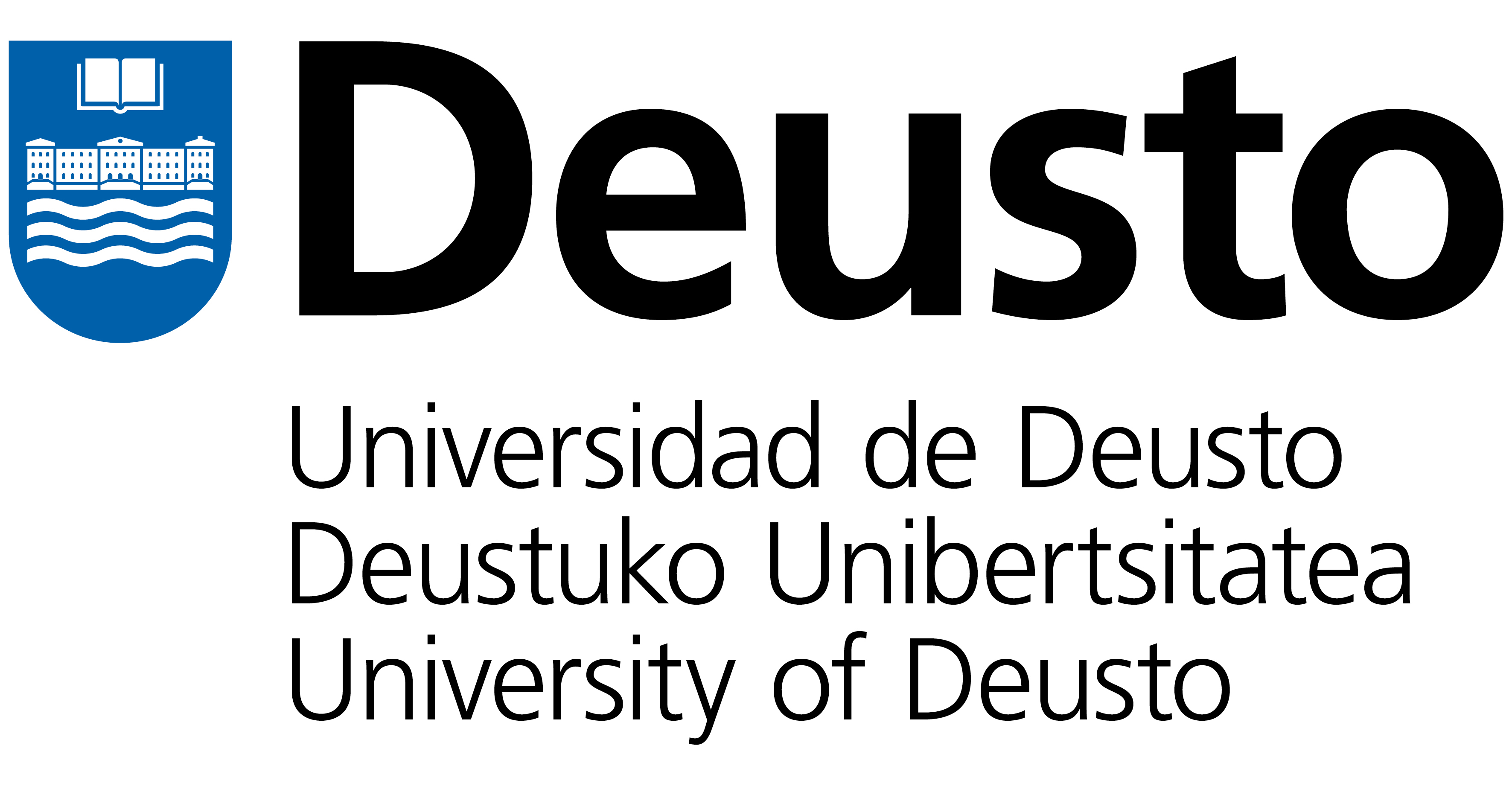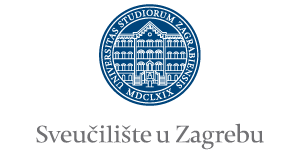Based on the panel discussions, several conclusions and recommendations can be drawn:
• Deinstitutionalization and community living for individuals with ID require ongoing efforts and collaboration between civil society organizations, political actors, and the government. The process should focus on improving housing services, developing a comprehensive support service network, and promoting individualized support.
• Local initiatives and flexible support systems play a vital role in promoting the independence and social inclusion of individuals with ID. Non-governmental organizations (NGOs) can bridge the gap between individuals with ID and mainstream services, facilitating their access to opportunities and decision-making processes.
• The concept of Health 4.0, which emphasizes patient and caregiver involvement, shared responsibilities, and shared decision-making in healthcare, holds significant potential for individuals with ID. Integrating research and development in healthcare, including the use of digital technologies, can improve education, emotion learning, social inclusion, and overall well-being for individuals with ID.
• Technological support systems can enhance independent living and quality of life for individuals with ID. Serious gaming, like the Kimi project, can assist in training healthy habits, while applications can educate users about healthy lifestyles. Continuous support and implementation strategies are necessary for the effective utilization of these technologies.
• EU/ESF projects have played a crucial role in transforming and deinstitutionalizing services for individuals with ID. These projects have contributed to the organization of housing services, early intervention programs, and respite care services. The involvement of users in various activities has increased community participation and improved the overall well-being of individuals with ID.
• Clear social policies, swift implementation of deinstitutionalization, and the development of community-based services are necessary to address existing challenges. Outdated legislation, the persistence of a medical model, and regional disparities in social services should be addressed to ensure equal opportunities and access for individuals with ID across different regions.
• The human-centered approach, exemplified by institutions that actively support the talents and independence of individuals with ID, is essential for their social inclusion. Institutions should foster opportunities for individuals with ID to engage in cultural, artistic, and employment activities, promoting their independence and integration into society.
• Practical implementation of projects and activities for social inclusion is currently lacking, highlighting the need for better alignment between strategies outlined in policies and the realities on the ground. Overcoming the centralized system and empowering local communities to actively participate in shaping the support system is crucial for developing responsive social services.
In summary, a comprehensive approach that integrates technology and adequate social policies is essential in effectively supporting individuals with intellectual disabilities (ID). By addressing challenges, promoting community involvement, and implementing innovative solutions, we can create an inclusive society that enhances the well-being and quality of life for individuals with ID.





